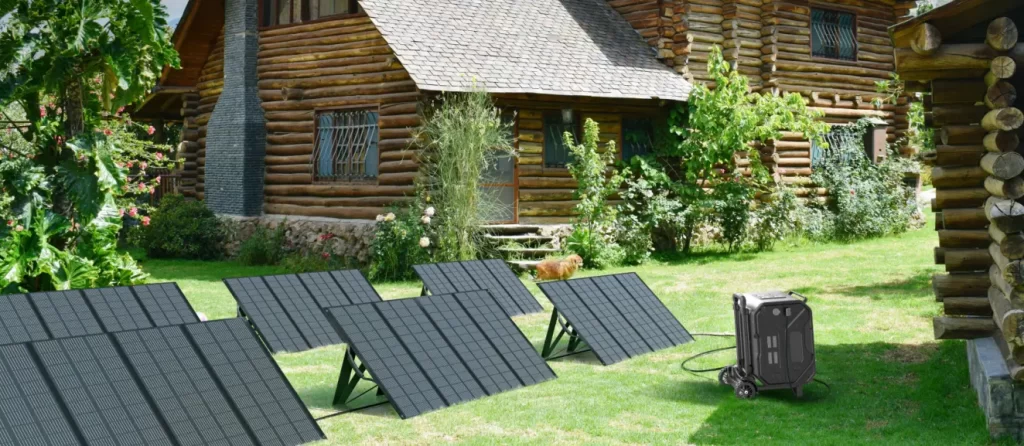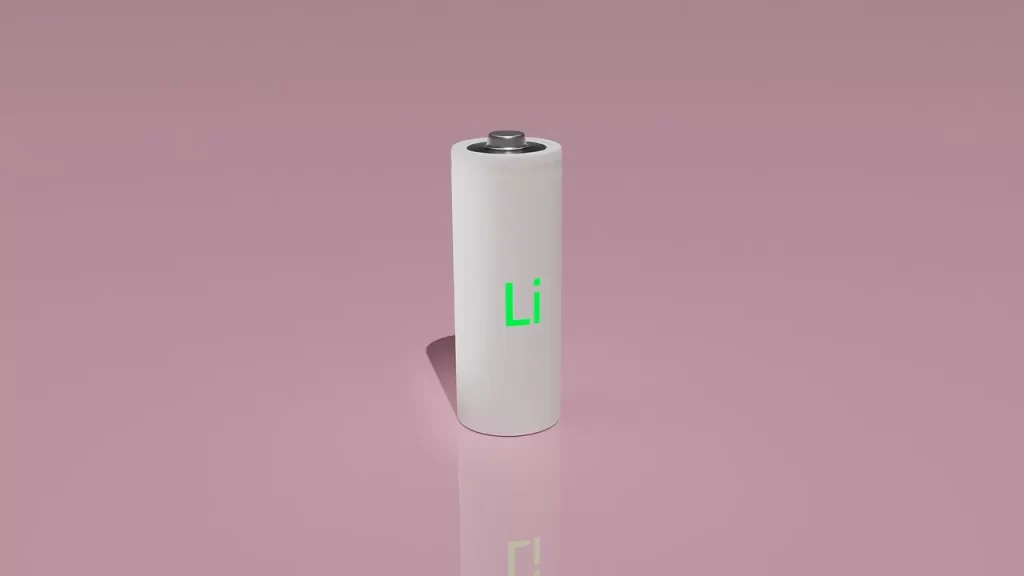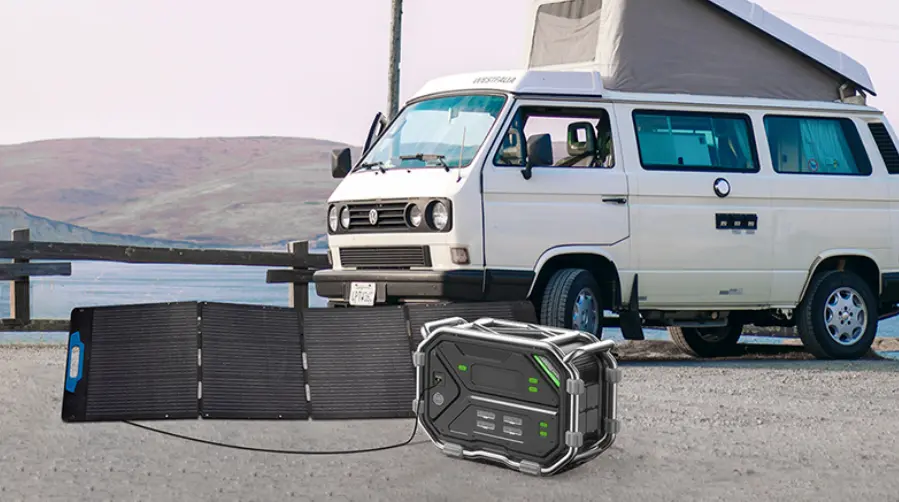
The Concept of Off-Grid Living
The Role of Batteries in Off-Grid Systems
At the heart of any off-grid system is the battery. Batteries store energy generated from renewable sources such as solar panels or wind turbines, making it available for use when production is low or demand is high. The primary types of batteries used in off-grid systems include lead-acid, lithium-ion, and flow batteries.
Lead-Acid Batteries
Lead-acid batteries are one of the oldest and most reliable forms of energy storage. They are relatively inexpensive and offer good performance for short-term energy needs. However, they are bulky, have a shorter lifespan, and require regular maintenance.
Lithium-Ion Batteries
Lithium-ion batteries have gained popularity due to their high energy density, longer lifespan, and lower maintenance requirements compared to lead-acid batteries. They are more expensive but provide better efficiency and reliability, making them ideal for long-term off-grid applications.
Flow Batteries
Flow batteries are a newer technology that offers the potential for large-scale energy storage. They use liquid electrolytes stored in external tanks, which allows for easy scalability. Although still under development, flow batteries could become a significant player in the off-grid market due to their flexibility and long cycle life.

Advantages of Off-Grid Battery Systems
Energy Independence
Environmental Benefits
Reliability and Resilience
Cost Savings




